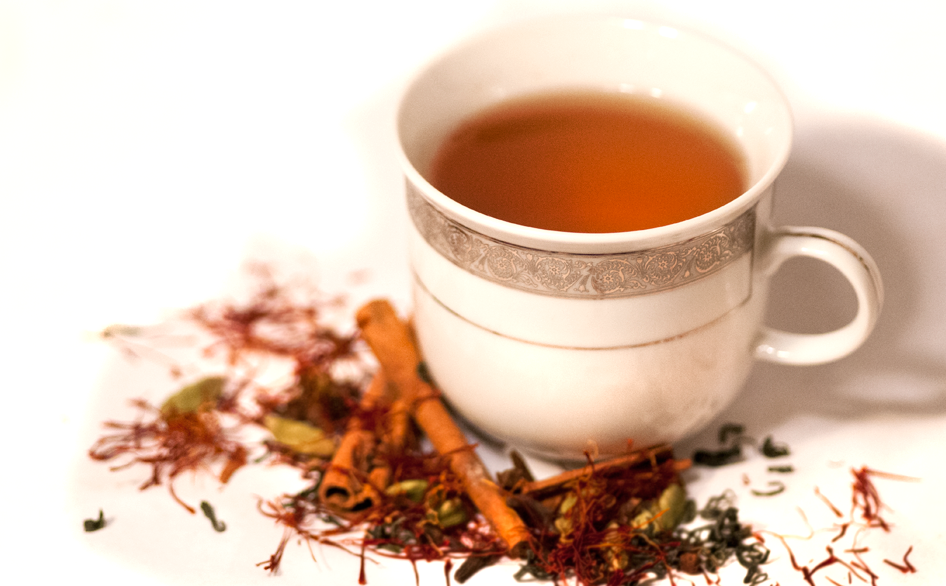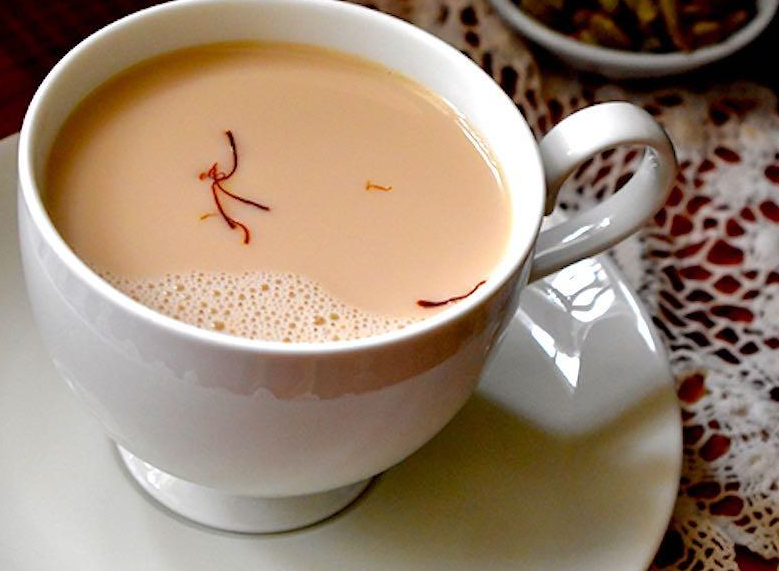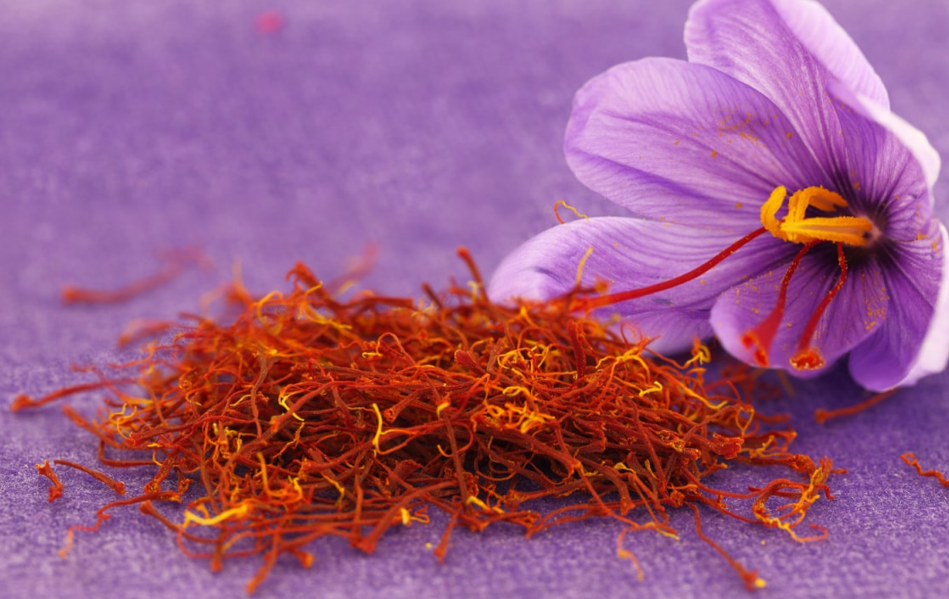
Benefits of Saffron Tea:
1.Rich in Antioxidants:
Saffron is loaded with antioxidants, including crocin, crocetin, and safranal, which help combat oxidative stress and protect cells from damage.

2.Mood Enhancement:
Compounds in saffron, such as crocin, may have antidepressant effects, potentially contributing to mood improvement.

3.Anti-Inflammatory Properties:
Saffron contains anti-inflammatory compounds that may alleviate symptoms in conditions associated with inflammation.

4.Aids Digestion:
Saffron has been traditionally used to soothe digestive discomfort and may help regulate digestion.

5.Potential Cardiovascular Benefits:
Some studies suggest that saffron may positively impact cardiovascular health by reducing cholesterol levels and promoting blood flow.

6.Vision Health:
The antioxidant properties of saffron may contribute to eye health and protect against age-related macular degeneration.

Considerations and Possible Side Effects:
1.Moderation is Key:
While saffron offers health benefits, excessive intake may lead to adverse effects. Use it in moderation as part of a balanced diet.

2.Allergic Reactions:
Individuals with allergies to plants in the Iridaceae family, which includes saffron, may experience allergic reactions.

3.Pregnancy and Lactation:
Pregnant individuals should exercise caution, as saffron may stimulate the uterus. Consult with a healthcare professional before using during pregnancy or breastfeeding.

4.Blood Pressure Regulation:
Saffron may influence blood pressure. Individuals with hypertension or hypotension should monitor their blood pressure and consult a healthcare provider.

5.Interactions with Medications:
Saffron may interact with certain medications, including those for blood pressure and mood disorders. Consult with a healthcare professional if you are taking medications.

6.Quality Matters:
Ensure the saffron used in tea is of high quality to avoid potential contaminants or adulteration.

Preparation Tips and Enjoyment:
1.Infusion Method:
To prepare saffron tea, infuse a few strands of saffron in hot water. Allow it to steep for 15–20 minutes.

2.Flavor Enhancement:
Enhance the flavor by adding natural sweeteners like honey or a slice of citrus.

3.Versatility in Recipes:
Explore incorporating saffron into various recipes, such as rice dishes or desserts, for both flavor and health benefits.

Conclusion:
Saffron tea, with its golden hue and distinctive flavor, is more than a sensory indulgence; it offers potential health benefits. Rich in antioxidants and associated with mood enhancement, saffron can be a valuable addition to a well-rounded diet. However, it's crucial to be mindful of individual health conditions, potential allergies, and the importance of moderation. Before making significant dietary changes or if you have specific health concerns, it's advisable to seek guidance from a healthcare professional. Enjoy the warm, comforting experience of saffron tea responsibly to savor its potential healthful qualities.
'Benefits of Superfoods' 카테고리의 다른 글
| Efficacy and side effects of Ssanghwa tea (0) | 2023.12.23 |
|---|---|
| Benefits and side effects of chrysanthemum tea (0) | 2023.12.19 |
| Benefits and side effects of jasmine tea (0) | 2023.12.19 |
| Benefits and side effects of rosemary tea (0) | 2023.12.18 |
| Benefits and side effects of sage tea (0) | 2023.12.18 |



